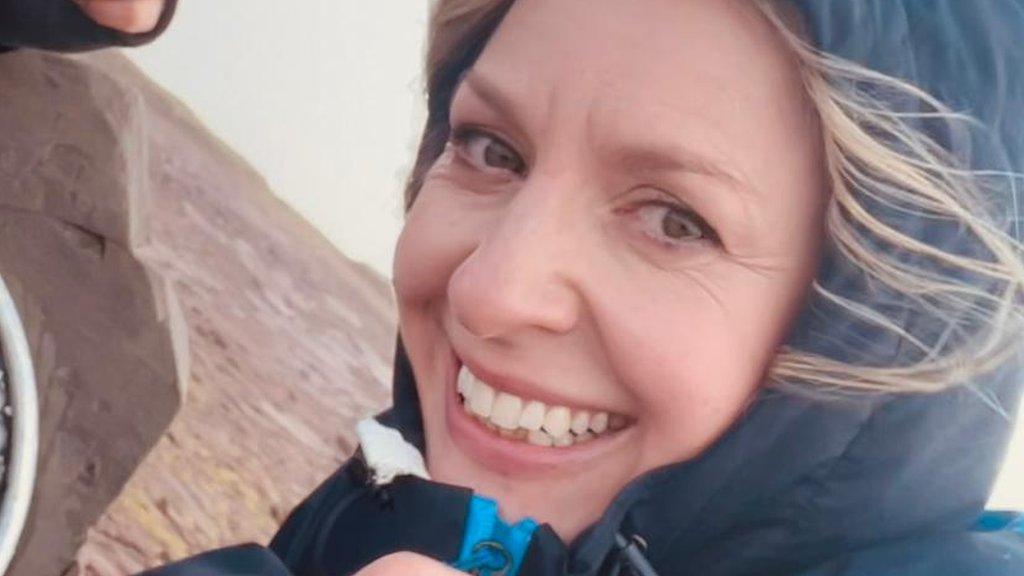We need to break taboo around death, end-of-life carer says
- Published
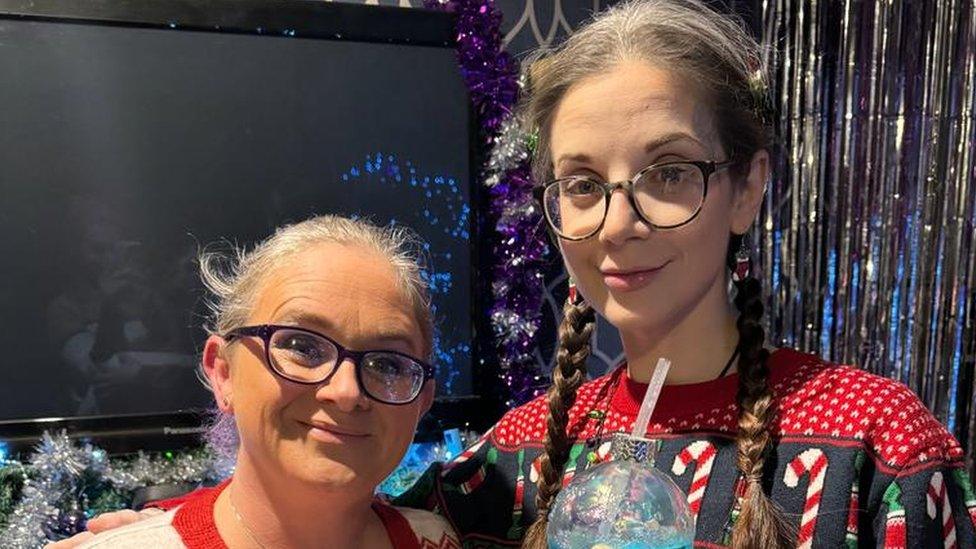
Abi Vance (left) cared for Erin Corner at the end of her life
More open conversations about dying should become the norm to better support people at the end of their lives, health experts and carers say.
It comes as charity Hospice UK launches a week-long campaign, external focusing on the language we use around death.
Abi Vance, who cared for a friend with terminal cancer, said "normalising" death and dying might help people.
"We have this really weird taboo around death," she said.
Ms Vance was an end-of-life carer for Erin Corner, who died of ampullary cancer in January, aged 31.
Ms Corner, who had also lost her youngest son Zac in a caravan fire in 2020, had written birthday and wedding cards for her two surviving sons before her death.
Abi said she offered practical help, but also helped Ms Corner navigate her end-of-life care.
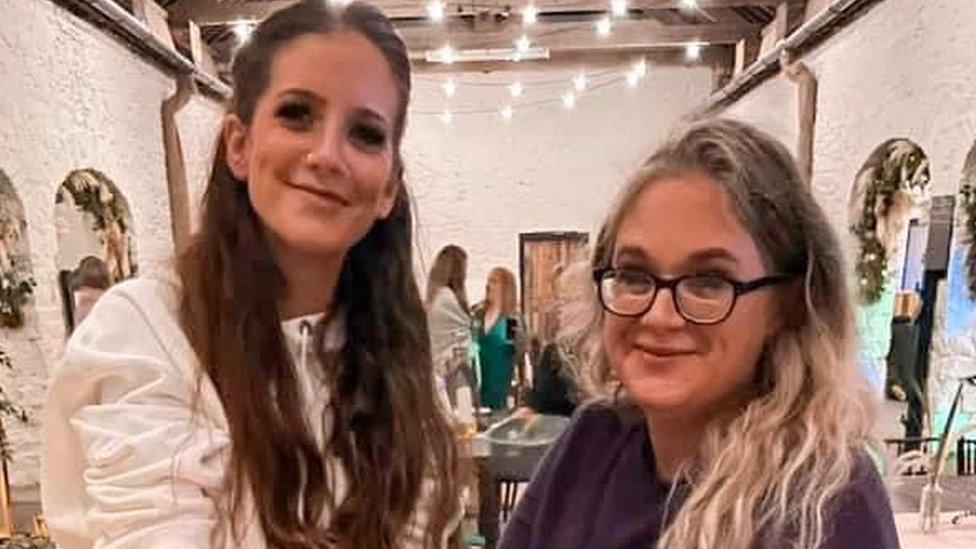
Abi (right) became close with Erin after the death of her youngest son Zac
The 40-year-old, from Holyhead, Anglesey, said she and Erin, from Pontrhydfendigaid, Ceredigion, grew close following Zac's death.
"She knew how she wanted to die. We talked about what she wanted that to look like," Ms Vance said.
She said Ms Corner might have made some different decisions had she been better informed about things like sedation and terminal agitation, which can occur in the final days before death and leads to patients becoming restless and anxious.
"Lots of the stuff that happened, we had no idea that that was going to happen," she said.
"We need to talk about it, whether we like it or not."
"There should be far more discussion," Ms Vance said. "People don't know what to say. They draw back."
Conversations she had with nurses helped Ms Corner with the care she was receiving, Ms Vance said, but also made her realise how ill-informed many people are when it comes to palliative care.
Laura Hugman, clinical team manager at Tŷ Paul Sartori, which offers a hospice at home service in Pembrokeshire, agreed there was a taboo around death that was sometimes unhelpful.
"It's a challenge. I don't think we're very good at talking about dying at all," she said.
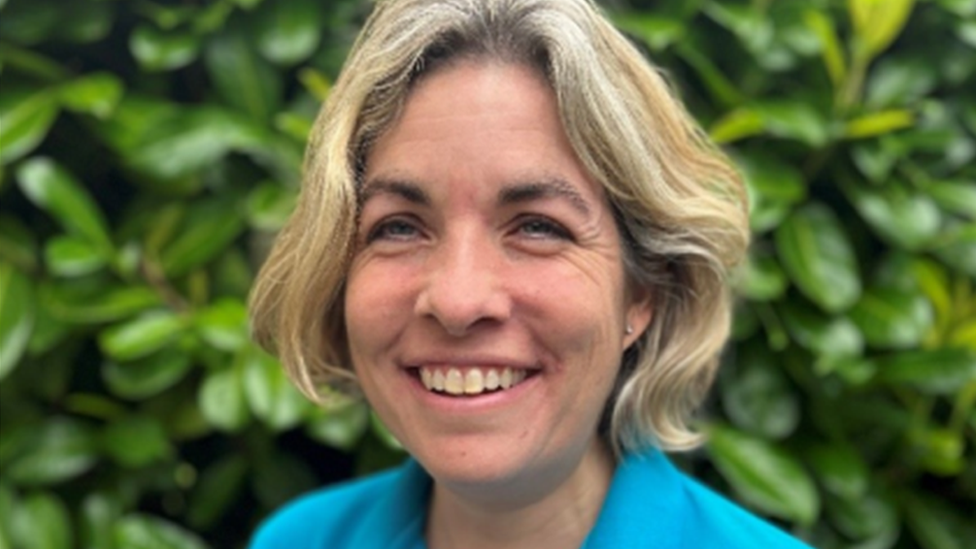
Laura Hugman says people are very reluctant to talk about death
How much people want to know about dying itself is "a real mix and a personal choice", she said.
She said it was key for people to know what services were available, particularly at a time when accessing a GP is not always easy.
Mark Taubert, a consultant in palliative medicine at Velindre University NHS Trust in Cardiff, said it was important to let patients know gently what might happen to them, but also how good planning could provide them with better care.
In his experience, 95% of patients want more detail about what will happen to them towards the end of their lives.
"Improving the language and getting the message across in a much clearer way is important," he said.
But the approach needs to be individual for every patient and every family, he added, with some patients less willing to hear certain details than others.
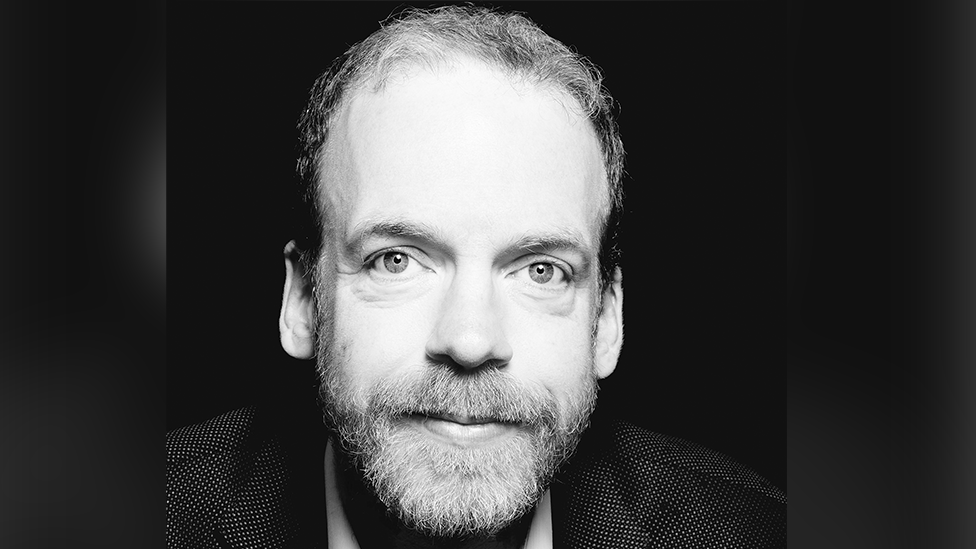
Dr Taubert says most patients want more information about what might lie ahead
"If they feel in control of the conversation about end-of-life care and the future... that can be very, very helpful," said Dr Taubert.
"You nearly need an end-of-life palliative care 'personal assistant' who is 'bespoke' to you."
Ms Vance said she and Erin also became acutely aware of this during Erin's final months, and is now in the process of setting up a charity that aims to create a UK-wide network of end-of-life companions and provide information.
Dr Taubert said there was a tendency among many patients and their loved ones towards constant positivity "battle" language, praising the patient for "fighting" and "being strong".
But such language can be problematic as people near the end of their lives, in his view.
"When you're tired, all your hair has fallen out, you're feeling nauseous and you're in pain, then the battle language I think lets you down a bit," he said.
"You need a trusted person to be able to confide in and to talk to and let out these things," he said.
Signalling to patients - even when they are not yet dying - that a conversation about end-of-life would be useful to have in the near future can help them prepare for it and get family members involved, he said.
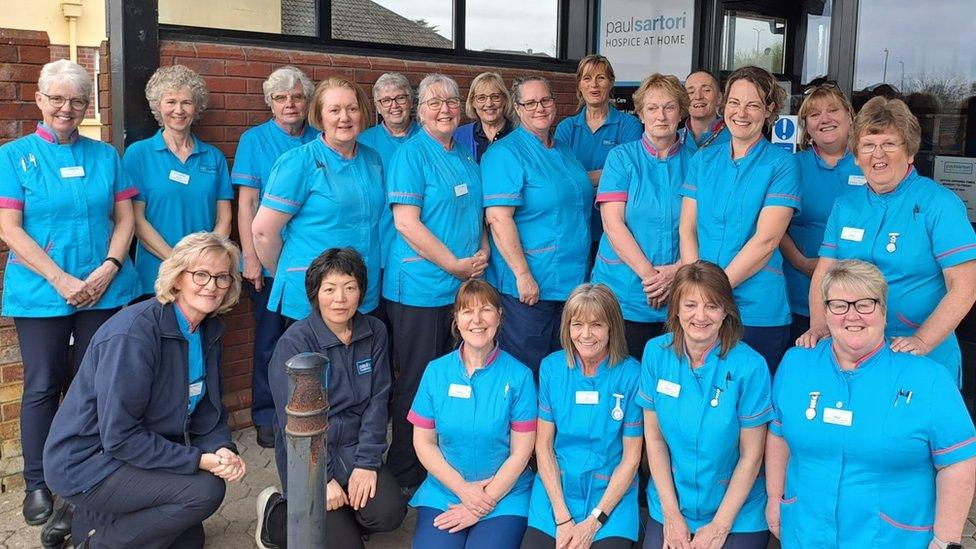
The Hospice at Home nursing team at Tŷ Paul Sartori offers respite visits and information
Ms Hugman said Tŷ Paul Sartori nurses provide information to carers about nutrition and mobility in a patient's final days.
The charity, which helps 40 to 50 patients a week by offering respite visits, also makes sure discussions around managing pain relief take place, ensuring patients and carers understand the extent to which that will affect the patient's cognition.
Family members were often very protective of each other, Ms Hugman said, sometimes making it hard to have open conversations.
"People don't want to come near death and dying... people are never quite ready to think about it," she said.
Ultimately, there is no right or wrong way to look after a bereaved family, said Ms Hugman.
"It always comes as a shock when someone passes away, even if the family is completely prepared."

MOMENTS, MUSIC AND NOSTALGIA: Wynne delves into the archives of the 1980s
INSEPARABLE SISTERS: The seven-year-old conjoined twins who defied all odds

Related topics
- Published9 January 2024
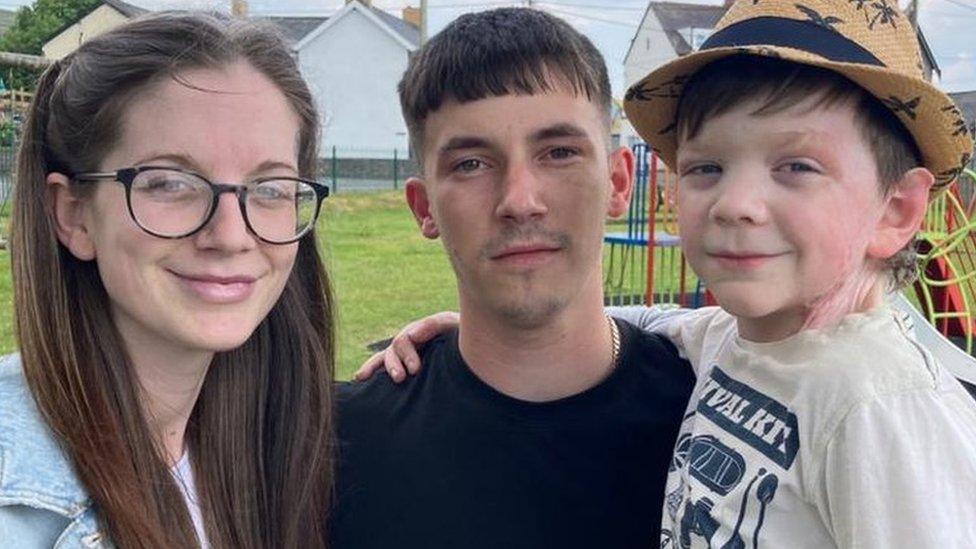
- Published27 January 2024
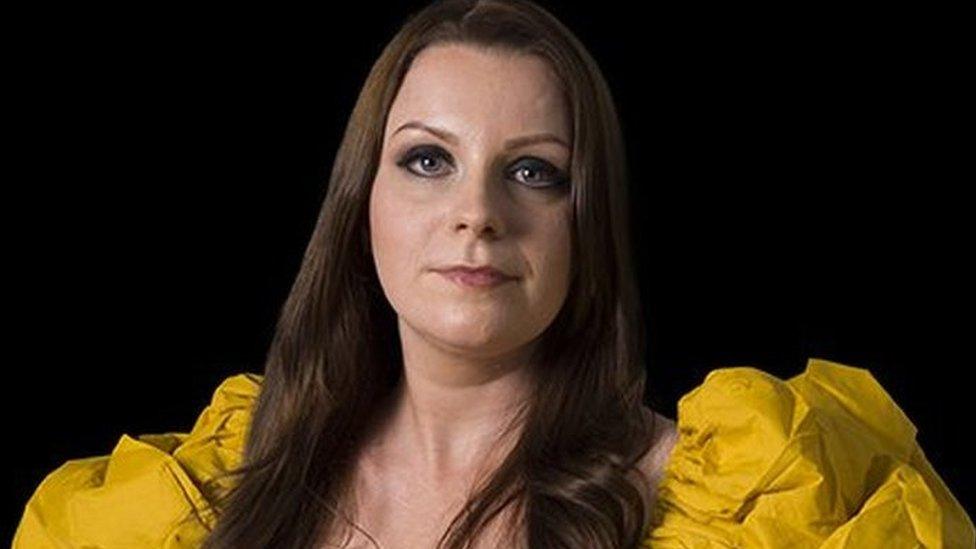
- Published30 April 2023
